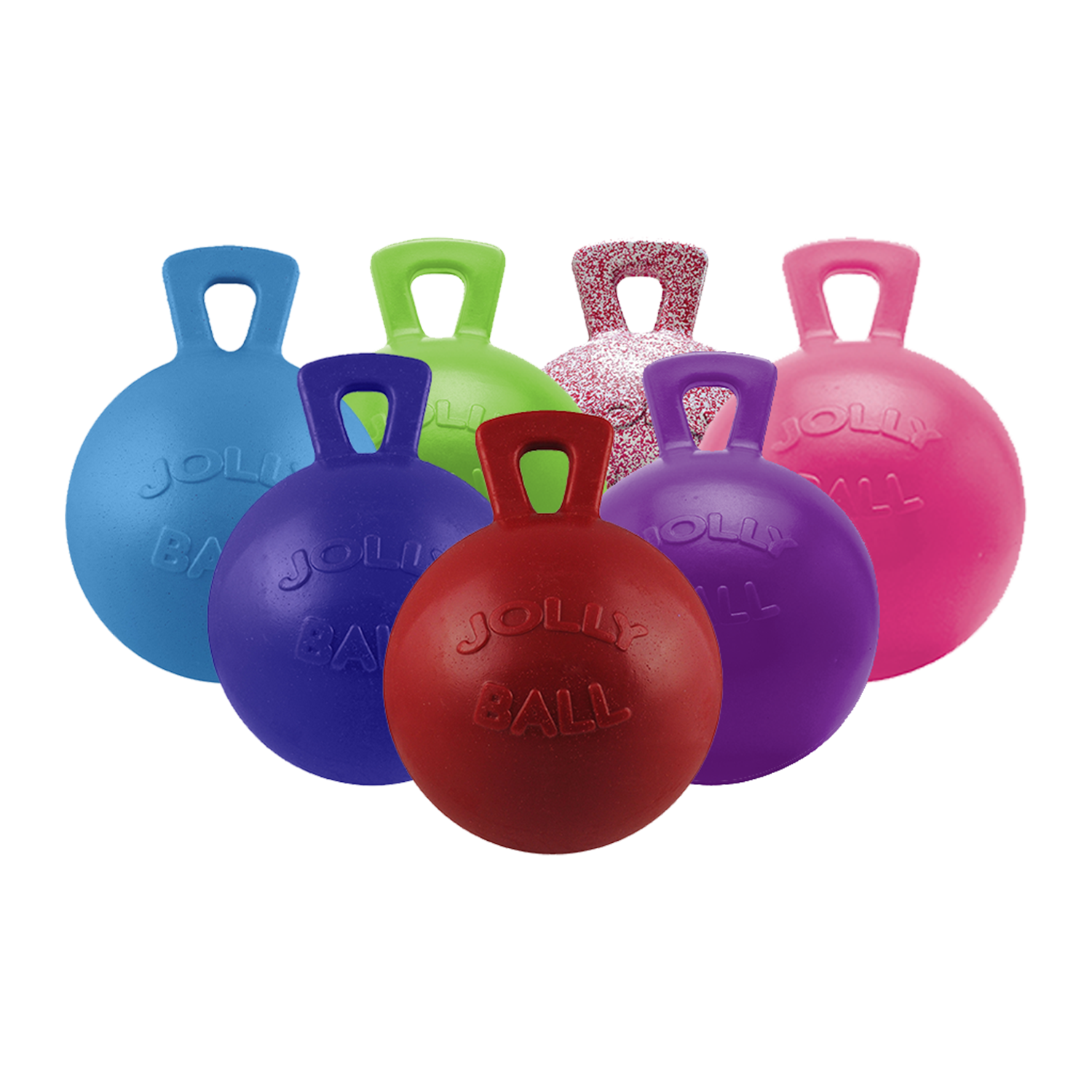Your Cart is Empty
FREE Economy Shipping on orders over $75
Menu

FREE Economy Shipping on orders over $75
Signs Your Horse Might Be Bored (and How to Help)
November 05, 2025 2 min read
Just like humans, horses need more than food and shelter to thrive. They also need mental stimulation and variety in their daily routines. When a horse’s environment or activities become too predictable, boredom can set in, leading to unwanted behaviors and even stress.
Recognizing the signs early and offering the right enrichment can make a world of difference for your horse’s overall happiness and well-being.
Common Signs of Horse Boredom
1. Stall Vices or Repetitive Behaviors
If your horse is weaving (swaying from side to side), cribbing, or pawing repeatedly, these may be signs of frustration or lack of mental engagement. These repetitive motions are often a horse’s way of coping with boredom or anxiety.
2. Destructive Behavior
Chewing on stall doors, fences, or buckets isn’t just a bad habit, it can signal that your horse needs more stimulation or turnout time. Without enough to do, horses find their own entertainment (and it’s rarely the kind you want!).
3. Excessive Restlessness or Pacing
A horse that constantly walks circles in the paddock or stalls may be trying to release pent-up energy or relieve stress. This can be a sign that your horse’s daily routine isn’t meeting their mental or physical needs.
4. Lack of Interest or Depression
On the flip side, a horse that seems lethargic or disinterested in their surroundings could also be experiencing boredom. Just like people, horses can “tune out” when life feels repetitive or unstimulating.
5. Overreacting or Spooking Easily
Bored horses may become overly reactive simply because they’re craving excitement. Regular enrichment helps balance their energy levels and keeps them mentally centered.

How to Help: Horse Enrichment Tips
1. Add Toys and Puzzles
Interactive toys, like stall balls, treat dispensers, or hanging lick toys, give horses something to focus on and engage with. We design durable, safe toys that stand up to even the most playful horses. Our Jolly Ball® and Jolly Mega Ball® are favorites for encouraging play and reducing stress.
2. Switch Up the Routine
Try varying your horse’s turnout schedule, riding route, or training exercises. Even small changes like ground poles or obstacle courses can keep their mind active and engaged.
3. Increase Social Interaction
Horses are herd animals that thrive on companionship. If possible, allow your horse to spend time with other horses or incorporate supervised social turnout.
4. Provide Forage Variety
Offering slow feeders or hay nets encourages natural grazing behavior and can help keep your horse occupied longer. You can even hide small treats for them to “hunt” for.
5. Enrich Their Environment
Hang safe mirrors, add visual interest, or change up stall decorations. Sensory enrichment can go a long way toward stimulating curiosity and reducing boredom.

A Happier, Healthier Horse
Keeping your horse’s mind engaged is just as important as caring for their physical health. By recognizing the signs of boredom early and providing enrichment opportunities, you can help your horse stay content, balanced, and ready to perform their best.
HAVING A JOLLY GOOD TIME?
Keep the good times going! Sign up to receive monthly treats directly to your inbox!

















